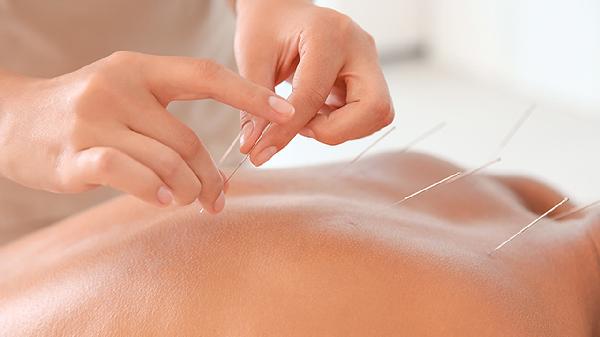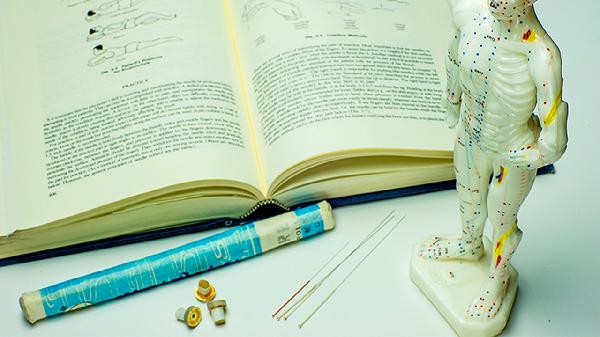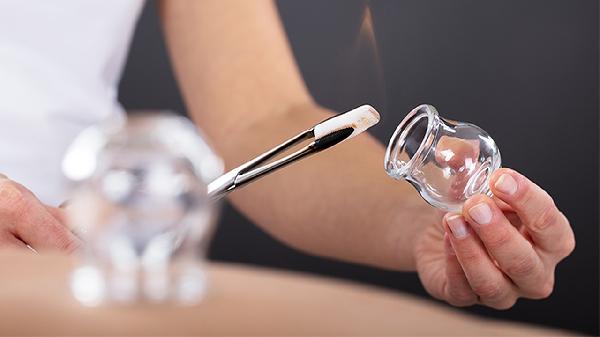Yes, acupuncture can help alleviate neuropathy pain by stimulating specific points on the body to improve nerve function, reduce inflammation, and promote natural pain relief. This ancient Chinese practice has been increasingly recognized in modern medicine as a complementary therapy for managing chronic pain conditions, including neuropathy.

How Acupuncture Works for Neuropathy Pain
Acupuncture involves the insertion of thin, sterile needles into specific points on the body known as acupoints. These points are believed to be connected to pathways called meridians, which regulate the flow of energy (Qi) throughout the body. When these pathways are blocked or imbalanced, it can lead to pain and dysfunction. By stimulating acupoints, acupuncture helps restore balance, improve blood circulation, and activate the body’s natural healing mechanisms.
For neuropathy, acupuncture targets areas affected by nerve damage, such as the hands, feet, or legs. The stimulation of these points can help reduce inflammation, enhance nerve regeneration, and modulate pain signals sent to the brain. Studies have shown that acupuncture can increase the release of endorphins, the body’s natural painkillers, and improve the function of the nervous system.
Scientific Evidence Supporting Acupuncture for Neuropathy
Research has demonstrated that acupuncture can be effective in reducing pain and improving quality of life for individuals with neuropathy. A study published in the Journal of Acupuncture and Meridian Studies found that patients with diabetic neuropathy who received acupuncture experienced significant reductions in pain intensity and improved nerve conduction. Another study in the Journal of Pain Research reported that acupuncture combined with conventional treatments provided better pain relief than conventional treatments alone.
While the exact mechanisms of acupuncture are still being studied, its ability to reduce inflammation, improve blood flow, and promote nerve repair makes it a promising option for neuropathy patients. However, it’s important to note that acupuncture is most effective when used as part of a comprehensive treatment plan that includes medications, physical therapy, and lifestyle changes.
What to Expect During an Acupuncture Session
If you’re considering acupuncture for neuropathy pain, it’s essential to seek a licensed and experienced acupuncturist. During your first session, the practitioner will conduct a thorough assessment of your symptoms, medical history, and overall health. Based on this evaluation, they will create a personalized treatment plan tailored to your needs.
The acupuncture process itself is generally painless. The practitioner will insert thin needles into specific acupoints, which may cause a slight tingling or warm sensation. The needles are typically left in place for 15 to 30 minutes while you relax. Many patients report feeling a sense of calm and relief during and after the session.
The number of sessions required varies depending on the severity of your neuropathy and your response to treatment. Some individuals experience significant improvement after just a few sessions, while others may require ongoing treatments to maintain pain relief.
Combining Acupuncture with Other Therapies
While acupuncture can be effective on its own, combining it with other therapies can enhance its benefits. For example, physical therapy can help improve mobility and strengthen muscles affected by neuropathy. Medications such as anticonvulsants or antidepressants may also be prescribed to manage pain and improve nerve function.
Lifestyle changes, such as maintaining a healthy diet, exercising regularly, and managing blood sugar levels (for diabetic neuropathy), can further support nerve health. Acupuncture can complement these strategies by addressing the root causes of pain and promoting overall well-being.
Potential Risks and Considerations
Acupuncture is generally safe when performed by a qualified practitioner. However, it’s important to discuss your medical history and any underlying conditions with your acupuncturist to ensure the treatment is appropriate for you. Some individuals may experience mild side effects, such as bruising, soreness, or dizziness, but these are typically temporary.
If you have a bleeding disorder, are taking blood thinners, or have a compromised immune system, consult your healthcare provider before starting acupuncture. Additionally, ensure that your acupuncturist uses sterile, single-use needles to minimize the risk of infection.
The Role of Acupuncture in Long-Term Pain Management
For many neuropathy patients, acupuncture offers a natural and non-invasive way to manage chronic pain. While it may not cure neuropathy, it can significantly reduce pain, improve nerve function, and enhance quality of life. Regular acupuncture sessions can help maintain these benefits and prevent pain from worsening over time.
It’s important to approach acupuncture with realistic expectations. While some individuals experience immediate relief, others may require several sessions to notice significant improvements. Patience and consistency are key to achieving the best results.
Conclusion: A Holistic Approach to Neuropathy Pain
Acupuncture is a valuable tool in the management of neuropathy pain, offering a holistic approach that addresses both the physical and emotional aspects of chronic pain. By stimulating the body’s natural healing mechanisms, acupuncture can provide relief, improve nerve function, and enhance overall well-being.
If you’re struggling with neuropathy pain, consider exploring acupuncture as part of your treatment plan. Always consult with a licensed acupuncturist and your healthcare provider to ensure the therapy is safe and appropriate for your specific condition. With the right approach, acupuncture can help you regain control over your pain and improve your quality of life.























